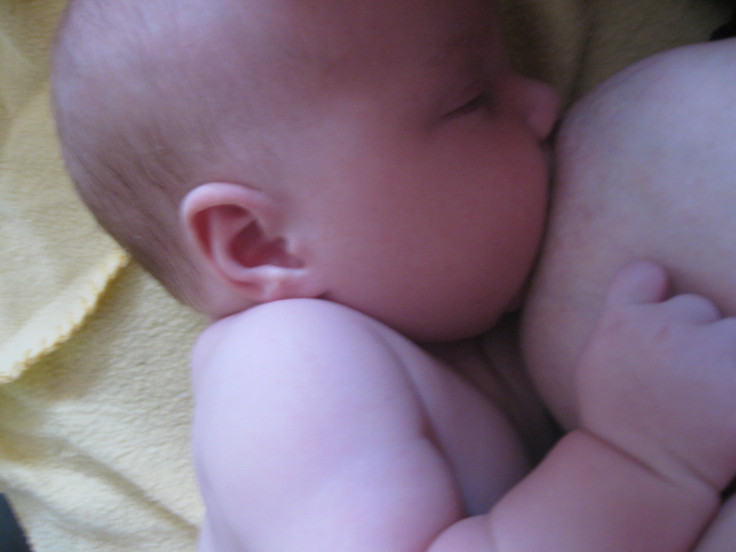Breastfeeding Provides Social Advantages Later In Life

Breastfeeding is associated with upward social mobility and a protection from downward spiral later in life, and may promote other benefits including neurocognitive development and emotional self-regulation.
Even in a generation born to an age of greater social opportunity throughout the Western world, the increasingly smaller proportion of breastfed children fared better in life as adults. In a large-scale, multi-generational study conducted in the United Kingdom, researchers at University College London found a strong positive association between breastfeeding and later socioeconomic status, attributing benefits to both the nutritional constituents of breast milk and the bonding experience of the practice.
"The results show that breast feeding was consistently associated with an increased chance of upward social mobility and a decreased chance of downward mobility," the researchers write. "The same effect was observed in two cohorts born 12 years apart who had different social patterning of breast feeding and different patterns of intergenerational social class mobility."
Nutritional advantages to breast milk come from its long-chain polyunsaturated fatty acids, immunoglobulins, and growth factors essential for neurological development and metabolic functioning. Digesting breast milk also boosts levels of growht factors synthesized within the body. Fortifying baby formula with such ingredients remains controversial, with some studies finding the practice has beneficial cognitive outcomes in childhood and adulthood. And, although supported by weaker evidence, other studies also link breastfeeding to improved temperament, self-regulation, and a lower risk of emotional adjustment problems.
Moreover, breastfeeding has been shown by observational studies to promote immunity, acquired passively from antibodies in breast milk. Breastfeeding passes nerve growth factors and insulin-like growth factors to babies which help to maintain neuronal and general health, though its unknown whether factors are acquired from the breast milk itself or the skin-to-skin bonding of the practice. In a recent study of rats, more frequent licking and grooming during nursing was associated with a lower stress response among kittens later in life. This in turn has calming effects on the mother, which leads to lower levels of the stress hormone cortisol within breast milk.
To assess the social benefits of breastfeeding in later adult life, the researchers analyzed data from two massive longitudinal studies. One group comprised of more than 17,000 people born the same week in 1958 who were then followed extensively throughout life with in-person interviews and analyses of medical and educational exams. Researchers compared this group to another born during one week in 1970, comprised of nearly 17,000 people who have since been followed for analysis.
In comparing the two generations of British-born groups, researchers noted a sharp decline in breastfeeding through time, as well as greater social opportunities for people born in later years of the 20th century. In the earlier group, 68 percent of mothers breastfed their children compared to 36 percent in the latter group. "Upward social mobility was more likely in the 1970 than the 1958 cohort, but at the same time downward social mobility was less likely in the later born cohort," the researchers write. "Individuals who had been breastfed were more likely to move up the social hierarchy," with chances of upward mobility the same for people in both generational groups — after accounting for differences of opportunity from one time to another.
Also, people who were breastfed as babies were less likely to move downward in socioeconomic status, with analysis showing the effect of breastfeeding equivalent in both generational groups for both upward and downward mobility.
Analytical models "suggested that breast feeding advanced neurological development resulting in improved cognitive performance which in turn supported upward social mobility and protected against downward social mobility," the researchers write, adding that neurological benefits of breastfeeding may carry more weight than stress-related benefits.
Source: Sacker A, Kelly Y, Lacovou M, Cable N, Bartley . Breast feeding and intergenerational social mobility:what are the mechanisms? Archives of Disease in Childhood. 2013.
Published by Medicaldaily.com



























